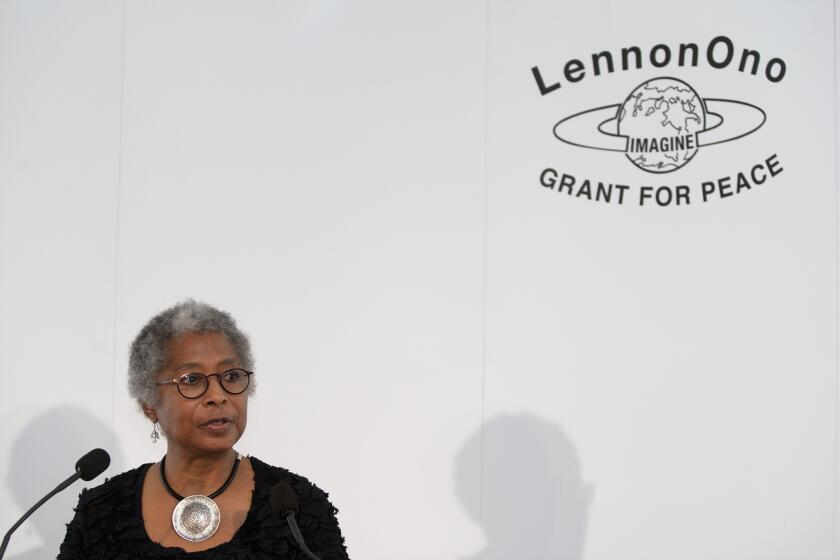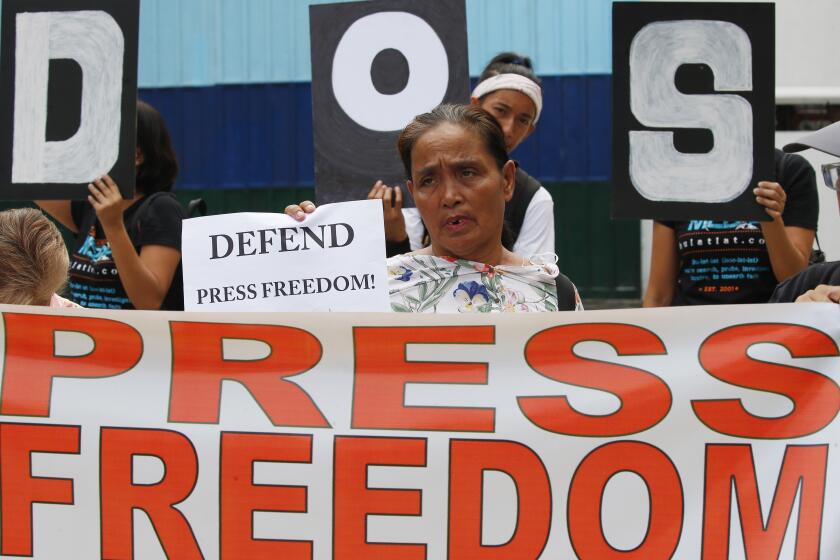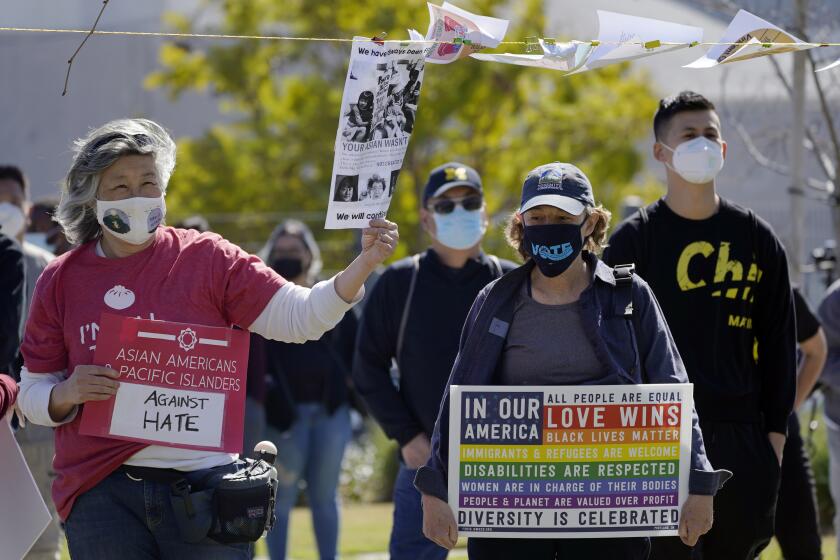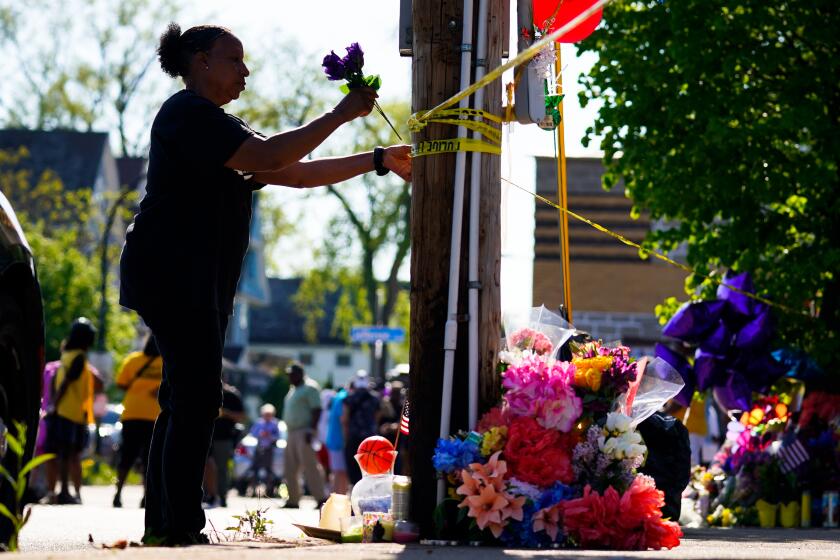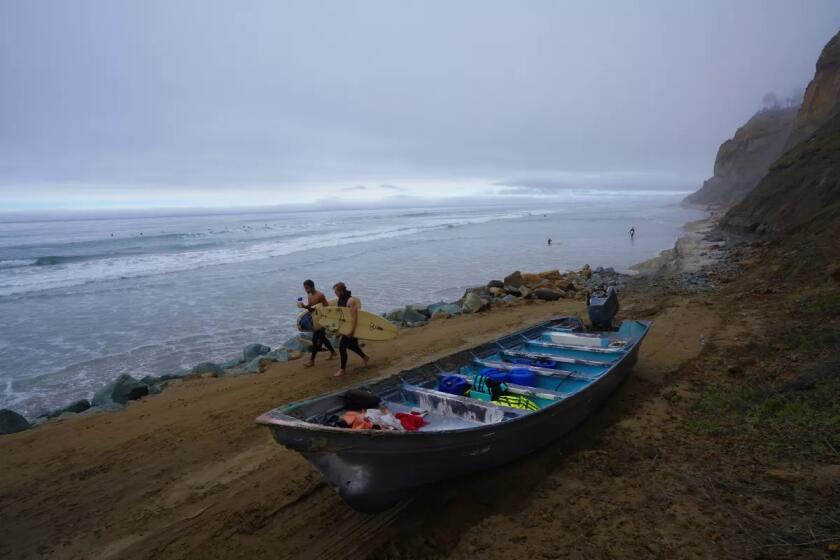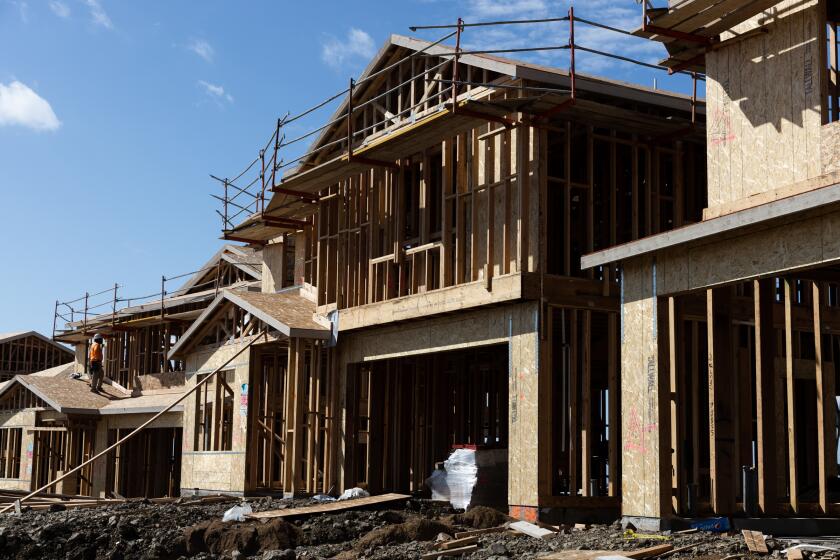Column: Ethnic Studies courses are coming to CA high schools; it’s a disservice to students to oppose them
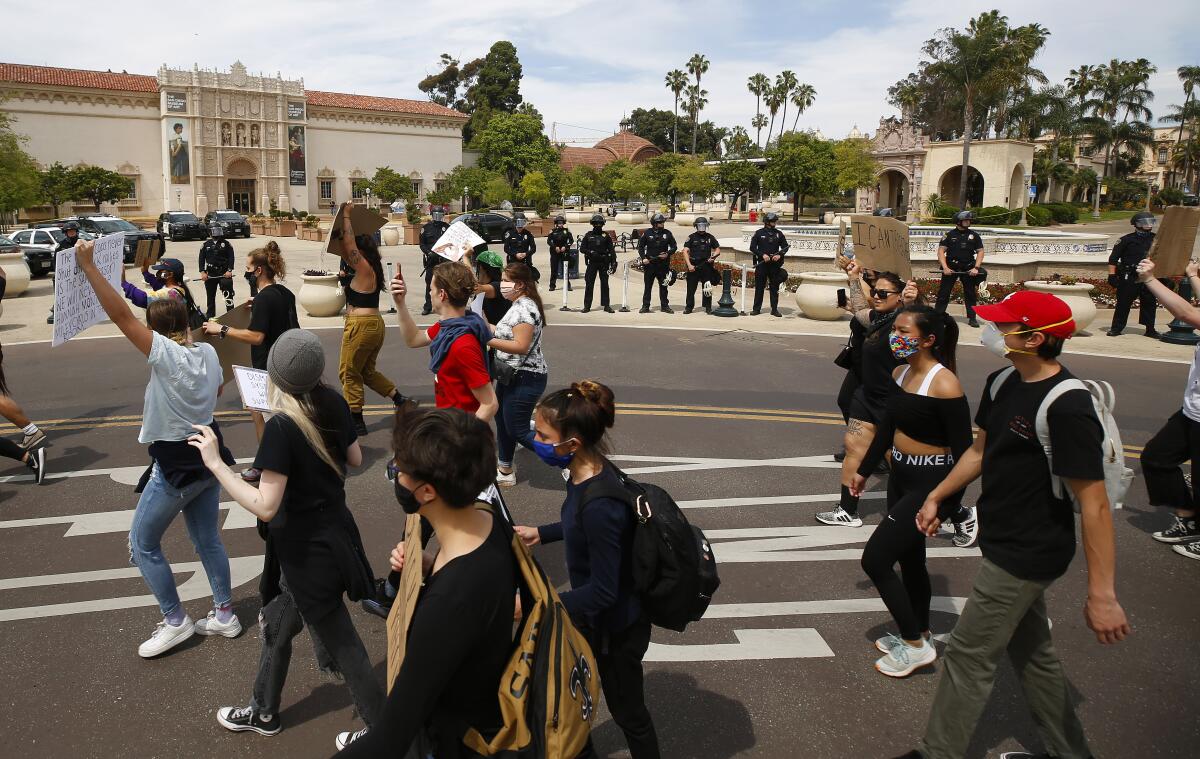
Young people have the critical thinking skills necessary to dive into difficult topics and to learn about different cultures and lived experiences
One of my favorite aspects of working at The San Diego Union-Tribune is that I get to work with young people, in addition to writing.
Sometimes I get to visit middle school and high school journalism classes, and during the summer I work with our U-T Community Journalism Scholars program. I almost always walk away from those interactions with young San Diegans with the same feeling: I’m wildly impressed, because those students are almost always thoughtful, critical thinkers who regularly ask deep, challenging questions, while teaching me something new along the way.
I bring that up because I think it reflects an incredible capacity that some young people have to listen to and consider other people’s perspectives. And that’s something to keep in mind as we prepare for the debate around ethnic studies to get more localized.
Last week Gov. Gavin Newsom signed a bill making it a requirement that students take an ethnic studies class before graduating high school, beginning in 2030. His signature comes a year after he rejected a similar measure because he wanted a revised curriculum for ethnic studies to go along with the requirement — a curriculum that has been hotly debated.
The current ethnic studies curriculum guide, which is imperfect, was approved by the State Board of Education in March and provides a framework that interested high schools can use to develop their own ethnic studies courses.
Newsom’s approval doesn’t conclude the debate by any means. There will likely be some kind of legal challenge to the requirement, and there is certain to be significant debate about what ethnic studies courses should look like as local school districts discuss how to incorporate them.
In fact, we saw some school districts in San Diego County recently take aim at teachings about race.
Last month the Ramona Unified School District trustees seemed poised to revise the district’s “Controversial Issues” policy. Some trustees wanted to include language that resembled anti-critical race theory legislation from other states, while others wanted to restrict how teachers teach about such topics as communism.
Critical race theory — a form of study that most often tackles at the collegiate level how racism is embedded in legal institutions and other aspects of society — is not taught in Ramona and never has been, according to the Ramona Teachers Association.
The teachers also noted that learning about communism is a necessity for understanding many aspects of world history.
After receiving complaints from teachers and students that the proposed policy changes were confusing, politically motivated and detrimental to teaching, Ramona’s board opted to go back to the drawing board and start fresh to update the Controversial Issues policy.
It will be interesting to watch how that develops. But either way, the incident speaks to the kind of debates to come.
I, unsurprisingly, am a big proponent of ethnic studies classes.
Whether one likes it or not, our differences — be it racial, religious, or of national origin — often impact our lives. It’s only through exposing people to those differences and learning about them that we can better understand each other and ourselves.
If you learn about where a person comes from, you get a better, more realistic, picture of who you are in the world and an understanding of what experiences shape a person.
I’d also argue we have an obligation to provide ethnic studies courses.
High schools are supposed to help prepare young people go out into the world, and the real world is a diverse place, with people from all walks of life. Ethnic studies can help young people better connect with those who are different from them, as well as help them be more open to learning about different perspectives.
The notion that such classes — or even talking about race’s impact on society — are racially divisive is a rather lazy critique.
Race and difference are a part of life. Ignoring them and the difficult conversations surrounding them won’t make our current or historical societal challenges go away.
Beyond that, though, what bothers me most about opposition to ethnic studies classes is that the criticisms often undersell the capabilities of our young people.
When adults say they fear teachers will “indoctrinate” kids with certain political beliefs or say that students will “feel bad about themselves” because they learned about oppression in this country, they not only severely misunderstand why people become teachers, but they also clearly underestimate the capacity for critical thinking many young people possess.
Young people, generally speaking, are sharp. Many care an awful lot about the world and don’t shy away from being skeptical, critical thinkers who ask questions about how we’re treating it.
Over the last decade we’ve seen young people help lead the charge on a host of issues, from gun violence to climate change to police brutality.
So to pretend that they don’t have the intellectual capacity to engage in the sometimes difficult conversations around race and ethnic studies is an insult to their intelligence.
It’s also an insult to say they’ll be indoctrinated if their teacher simply teaches them about the history of communism or about America’s history of racial oppression.
High schoolers don’t take everything that’s told to them by an adult as an unmovable truth.
They ask questions — even of experts — and they do research and many of them even seek out diverse opinions and perspectives. In fact, I’d argue that they often are more open-minded than many adults.
So young people have the capacity to engage in ethnic studies and the challenging discussions surrounding it. Let’s not underestimate them by pretending they don’t, and let’s not shortchange them by trying to limit their experiences of these essential classes.
Get Essential San Diego, weekday mornings
Get top headlines from the Union-Tribune in your inbox weekday mornings, including top news, local, sports, business, entertainment and opinion.
You may occasionally receive promotional content from the San Diego Union-Tribune.


